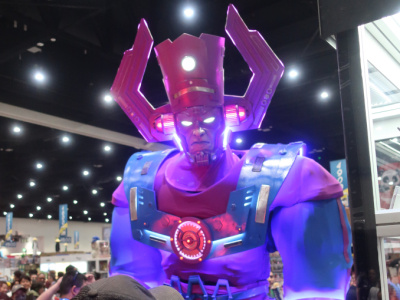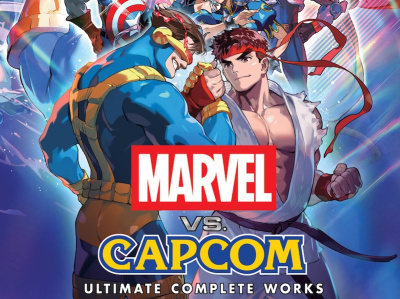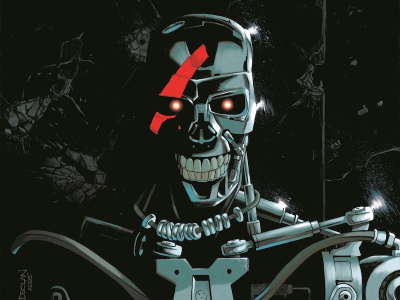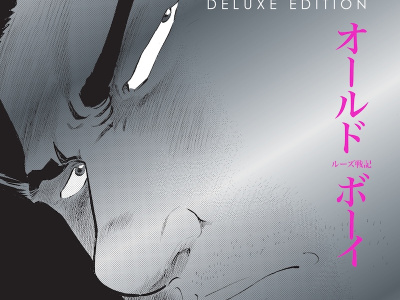Last week's Supreme Court decision, which voided a ban on 'virtual pornography' that was included in the Child Pornography Prevention Act of 1996, has considerable relevance for pop culture retailers, who risked severe penalties under the broadly written and confusing statute. The majority opinion found that since no children were involved (or harmed) in the production of 'virtual porn,' the government did not have the right to ban it. A few years ago prosecutors tried to jail an Oklahoma retailer who sold a comic book by Frank Thorne that included a 'satanic' cherub-like demon on the basis that it was a depiction of child pornography under the 1996 act. Although the demon was clearly based on artistic renderings of cherubs and bore little iconic resemblance and no narrative connection to any children, size alone signaled to the prosecutors that they might be able to get a conviction under the 1996 act. The statute was so broadly written that films like Traffic or Romeo & Juliet could even be construed as child pornography.
Supporters of the Child Pornography Prevention Act maintain that even if no children were harmed in the production of these works, the mere sight of them encourages child molesters to commit their heinous crimes. Clearly these social critics are far down the slippery slope that could eventually lead to a ban on the depiction of all anti-social acts lest unwary audience members are led into a orgy of violence by viewing the Sopranos or deadly binges of overeating from watching Fox's Glutton Bowl.







